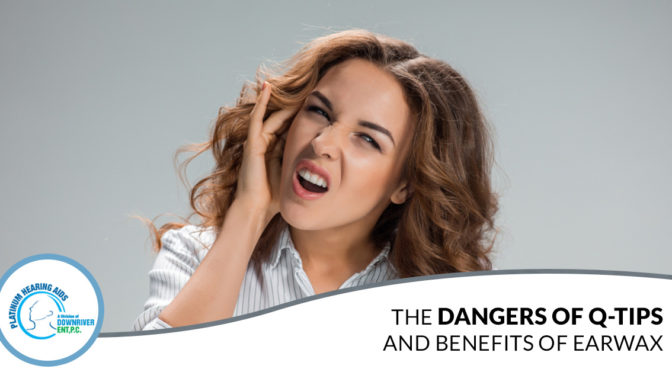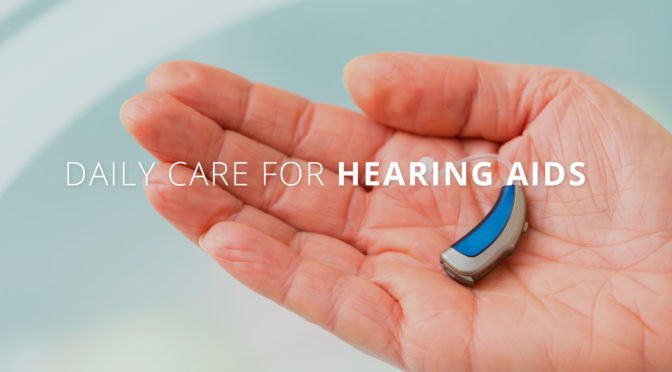When you get out of the shower, you dry off with your towel and maybe some mornings or evenings you grab a few Q-tips and try to dry out your ears so you can get that full body clean feeling. But have you heard that using Q-tips may cause more harm than good? You don’t have to give up using these tools completely, but there is a right and a wrong way to use them. And using them incorrectly could cause serious damage to your ears and potentially your hearing.
At Platinum Hearing Aids, we have a team of audiologists who are passionate about educating our patients about all potential hearing issues, from tinnitus to hearing loss. Get in touch with us today for quality hearing aids and thorough treatment.
What’s Wrong With Q-tips?
“The rule of thumb with Q-tips is don’t put anything in your ear smaller than your elbow,” says William H. Shapiro, audiologist and associate professor at NYU Langone. When you insert a Q-tip to presumably remove wax from the area just outside the inner ear, what you are really doing is pushing any existing wax further into your ear.
Effects of Using Q-tips Incorrectly
Your eardrum lies just beyond where you’re pressing the Q-tip, so the wax you’re trying to remove is really being pressed up against the eardrum. When a build up of wax occurs, it can prevent your eardrum from effectively vibrating, which is how you hear. Over time, this can lead to hearing loss.
If hearing loss hasn’t caused you to go in your bathroom and throw out any Q-tips you find, here’s another scary effect: insects. The wax in your ear is actually very beneficial and serves multiple purposes.
- Safety Device: Wax helps to keep out spiders and other insects that try to crawl into your ear at night.
- Lubrication: Wax keeps your ear canal lubricated to prevent it from becoming dry and itchy.
- Acidic: Wax is acidic, which will help prevent fungus from growing in your years.
- A Trap: Along with spiders, wax also keeps our hair, dust, and dead skin.
What is Wax?
Have you ever wondered what wax is made of? The proper name for earwax is cerumen, and it only occurs in the area just outside of the ear canal. In this area, there are thousands of sebaceous glands, which you can blame for oily hair, and sweat glands. The substance secreted by these glands is what the wax develops from.
How to Safely Use Q-tips
Many audiologists may tell you that there isn’t a safe way to use Q-tips, but if you just have to clean your ears, only swab the outside of your ear. If you do need a build up of wax removed, schedule an appointment with a doctor to have it safely and professionally removed.
What Not to Do
Avoid pushing the swab into your ear, even if you are being extremely careful. If you are considering using the ear candling method, don’t. This method uses pressure to pull out the wax, which can also cause damage to your eardrum.
Always keep in mind that earwax is good for you and it should stay in your ears! If you have any questions, get in touch with Platinum Hearing Aids today.







